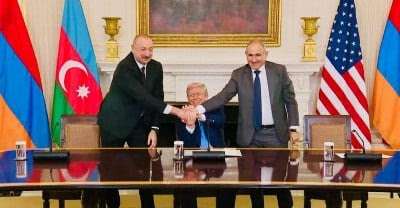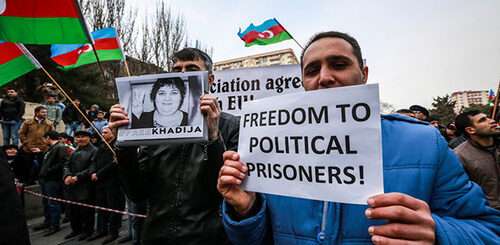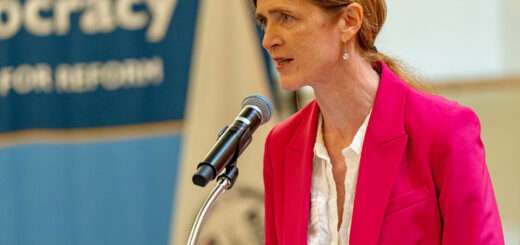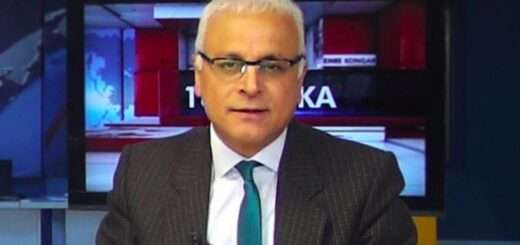Armenia’s concessions to Azerbaijan turn into capitulation, but peace still not coming

The Past newspaper reported: Prime Minister Nikol Pashinyan continues to insist that he has supposedly brought peace to Armenia. Yet there are no clear arguments as to why the current situation should be considered peace. Just as there was no full-fledged peace treaty before, there is still none now, and various agreements were being signed in the past as well. In reality, Pashinyan deliberately “struggled” and handed over many things to Azerbaijan—more than ever.
Baku is to receive both an extraterritorial corridor through Armenia’s Syunik Province and the “return” of three hundred thousand Azerbaijanis to Armenia, the dismantling of the Armenian army, and border “delimitation and demarcation” on its own terms.
Yet these unilateral sacrifices are not, in themselves, signs of peace. Azerbaijani president Ilham Aliyev continues his militaristic rhetoric—constantly speaking about the Azerbaijani “city” of Irevan [Yerevan], Lake Goycha [Lake Sevan], and claiming that until the 20th century the Azerbaijani population made up 80 percent in the territory of Armenia.
Thus, the three hundred thousand Azerbaijani “re-settlers” will, perhaps, be too few… Threat follows threat. There is not even a scent of peace. But in the opinion of the person occupying the office of Armenia’s prime minister, if you stubbornly repeat that this “peace” has come thanks to you, then sooner or later people will believe it. And, what is more “powerful,” the peace narratives appear to be monopolized precisely by you: that as if you alone are the peacemaker, while all critics are supporters of war. In that case everything becomes extremely convenient. Anyone who expresses a negative attitude toward Nikol Pashinyan personally—as a weak diplomat and unpopular leader, as the Armenian Apostolic Church’s defiler who, out of fear of losing power, has embarked on organizing unprecedented repression—anyone who demands his personal resignation, immediately becomes … an opponent of peace.
And that means a supporter of war. And that: someone fighting against life. And accordingly, it is possible to justify the extremely undemocratic methods of fighting against opponents: after all, you are fighting not for your seat, but for peace and life. And in such a struggle, any means are permissible. Numerous experts have already proven and continue to prove that Pashinyan’s policy will not bring peace to Armenia, but, with high probability, will bring the loss of sovereignty.
More precisely, only an expert involved by the Turks has not yet voiced such obvious thoughts (and, naturally, the Pashinyan supporters call everyone KGB agents, even if it is about members of the US Congress, American journalists, or professors from European universities). (…). But Pashinyan is not even preparing to listen to experts.
He is preparing to continue, repeating—in the image of the one who suffers for the sins of the people—that as if peace has come to Armenia, it is just that the Armenians are too deeply wounded to feel it. And recently he has learned a new way to answer inconvenient questions: he simply smiles and makes a heart shape with his fingers. And if a heart made with fingers is enough for us as an answer to complex geopolitical questions, then we should leave Pashinyan in the office of prime minister. Or we can simply sit down and draw a butterfly.





